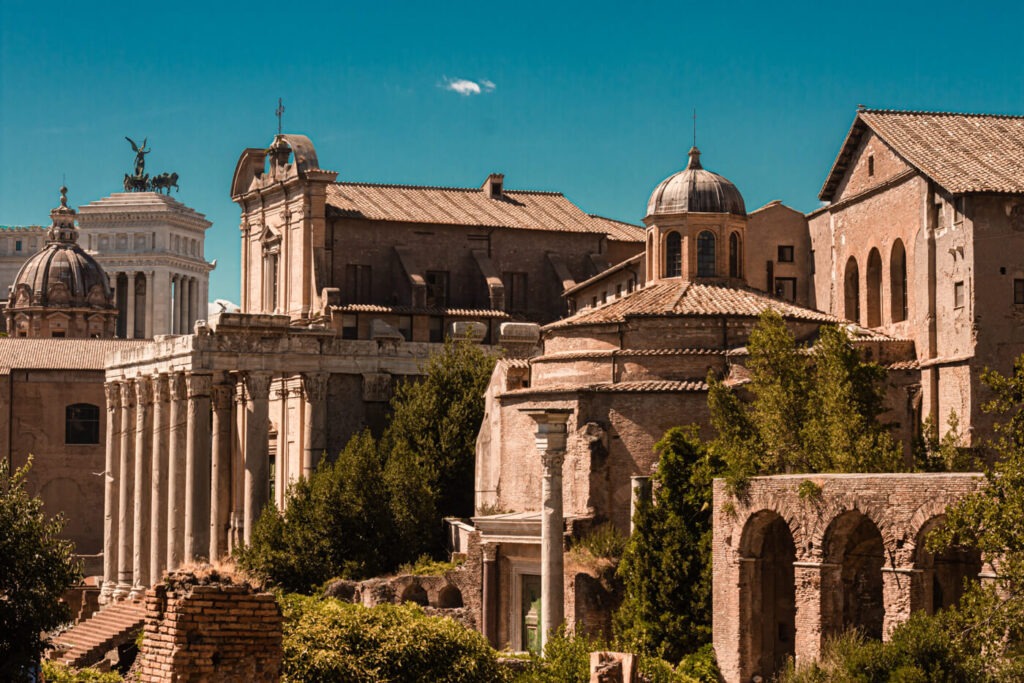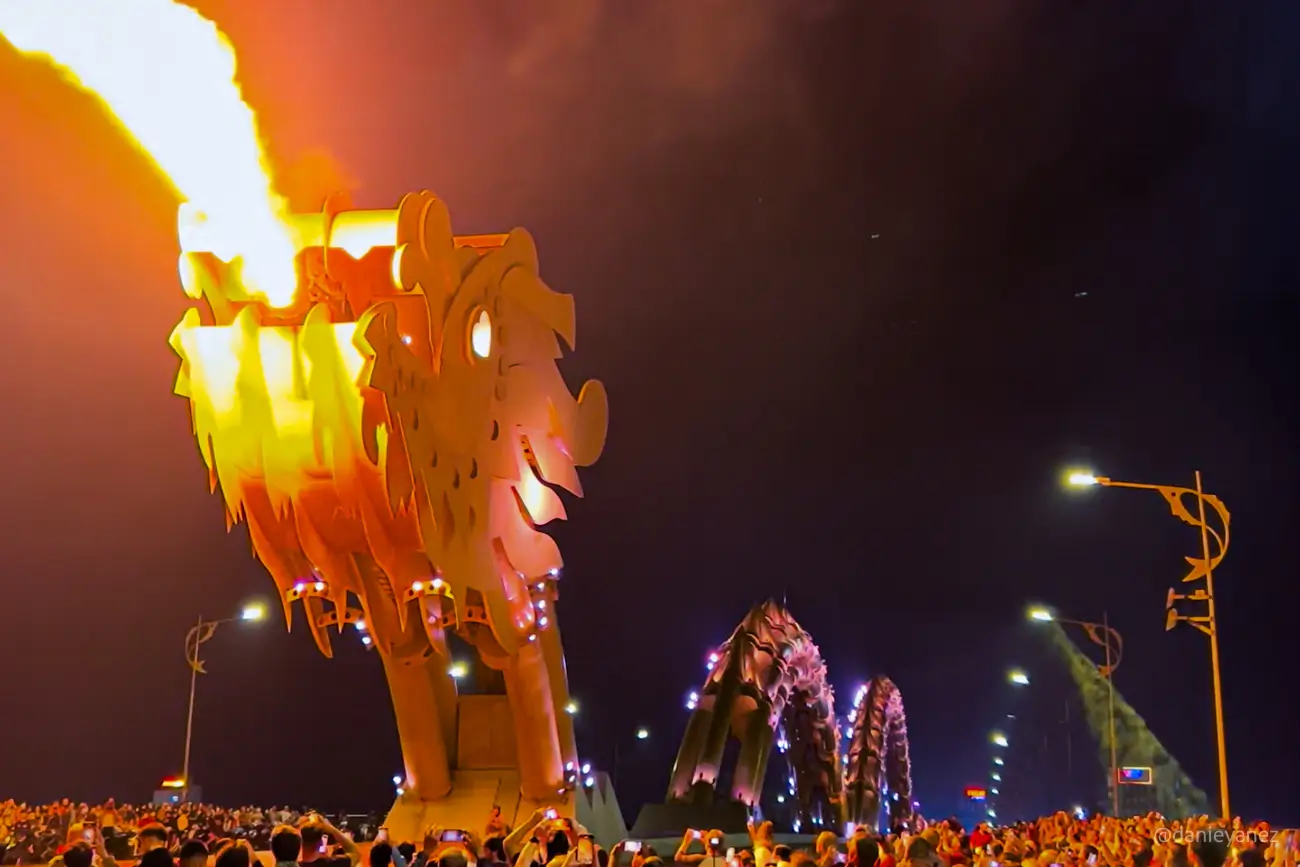Disclaimer: Before anyone comes at me, let me say that this article isn’t an absolute-radical fact, nor is it meant to discourage you from becoming a digital nomad if that’s what you really want. This is my experience, and the reason I’m writing this is to tell you: Look, here’s what you may go through If you decide to try.
Becoming a digital nomad is not a quick fix to your current unhappiness, nor a fast bucket list kinda thing to achieve. It’s the opposite from easy and it would suck to achieve it only to realize it’s not what you really want after all. Orrr maybe this will help you be a more knowledgable nomad than many of us were and avoid some of these situations all together.
As usual, this post is illustrated with photos I took on a trip. Today we’ll feature La Bella Roma, Italia.
There are TONS of digital nomads out there trying to sell you the idea of working on your laptop by the beach sipping a piña colada. Let me tell you, that’s totally unrealistic. Not because it’s impossible, but because it’s actually incredibly uncomfortable to work like that. We’ve all tried, believe me. You’ll be all sweaty, you’ll overheat yourself and your laptop, you will get sand all over it and the flare won’t even allow you to see the screen properly.
Here’s my hot take: a lot of internet people will show you an hyper-romanticized idea of the nomad life (yeah I’m guilty of posting like this too, sorry), just to later sell you a course with their “secret super unique formula” to “win in life and live the dream” (no, unfortunately I don’t have a course, I wish I was ’cause I’m making zero pesos from this) or get you to consume the content they monetize (again, nope, I should at least try this). To be honest I have never purchased any of these courses–there’s gotta be one that’s good, who knows?
Anyway, let me tell you, nobody warned me about this…

Soledad, do me a favor.
Soledad means “loneliness” in Spanish. It’s also a common name among grandmas for some reason (?)
I believe there are two kinds of loneliness. Physical, when you’re literally alone because there’s no one around you; and the emotional loneliness, when you do have people around but you still feel lonely. On the road, yo get to experience both.
The truth is, if you become a digital nomad or embark on a long journey on your own (without close friends or family), loneliness will come knocking at your door (or hostel room or guest house). Everyone handles it differently, and we all have different levels of comfort with it. Even if you ARE traveling with someone, making new deep long-lasting connections while on the go-go-go is extremely rare. You’ll make all sorts of friends only to follow them on ig and in five years wonder who that person is.
I mean, it also depends on what you may be going through at the time. Sometimes, we welcome her, invite her in and have long coffee pauses with her; so much that we enjoy her company. Yes I’m still talking about “La Soledad”, which is clearly feminine. But when we least want to see her, she shows up and stabs you in the back! It’s a bit of a bastard when we’re not in the mood to put up with her.
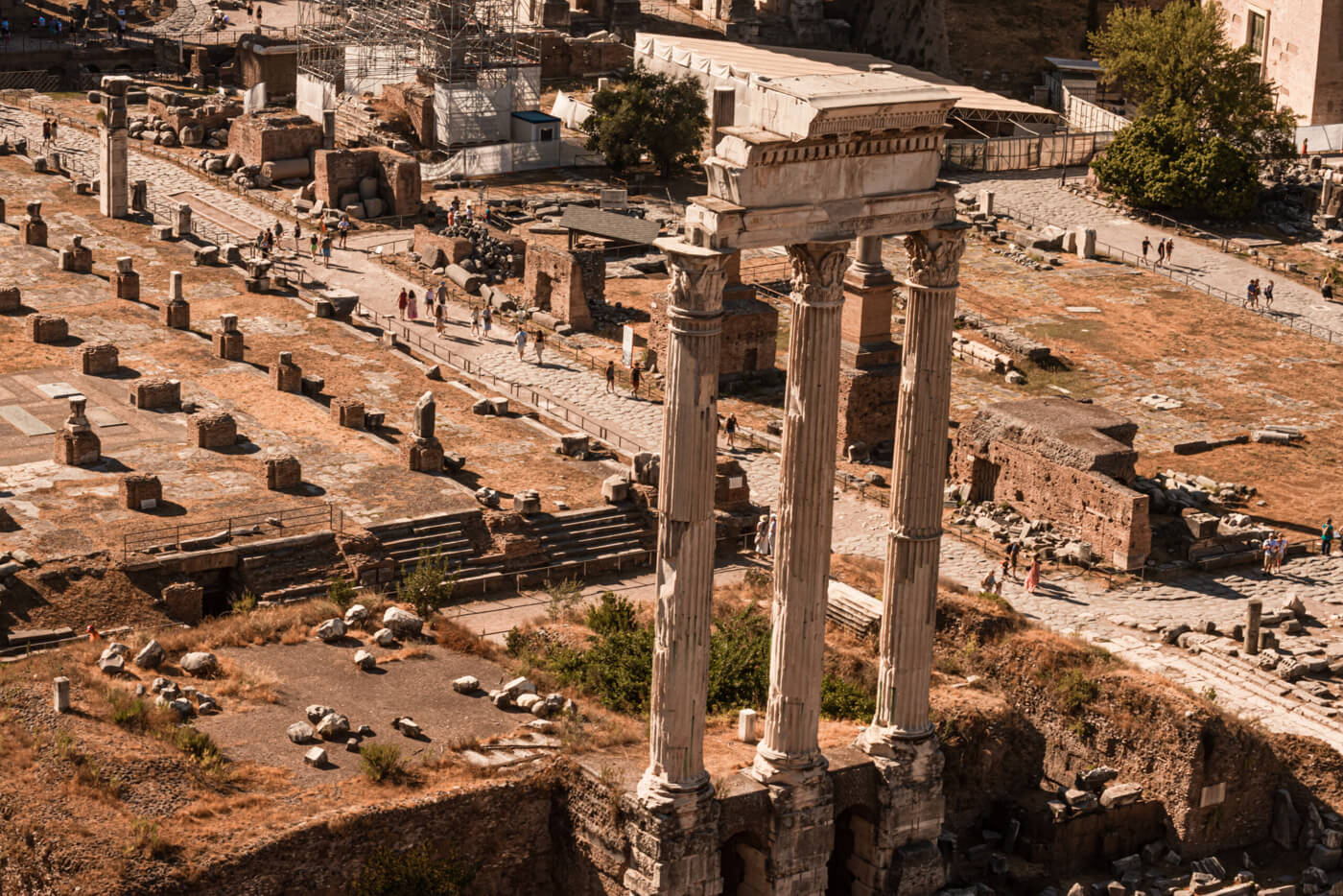
I posted a TikTok about this a while back and an actual nomad-influencer replied to me. She said if I’m lonely “it’s because I want to”, considering there are many ways to meet people online. It’s like when you tell someone you’re unhappy, and they’re like “Oh no, don’t be” Well, thanks for that (?)
Again, don’t get me wrong. I’ve always thought that the people you meet during your travels are the best part of the experience. But the truth is, they’re not your lifelong friends or your family. The time you spend with them is often so short that it’s hard to build a truly close connection. It’s as simple as comparing the kind of friendship you can have with someone you’ve known for a week to the relationship you have with your best friend or your sibling. The level of trust, companionship, and reliability just isn’t the same.
If you get sick, injured, robbed, harassed, have an accident, or run into any kind of problem… There are so many situations where you’d want to be able to just go see your mom or dad for a hug, show up at a friend’s place with beers, or ask someone for a not-so-easy favor. And in many cases, all you’ll have is yourself.
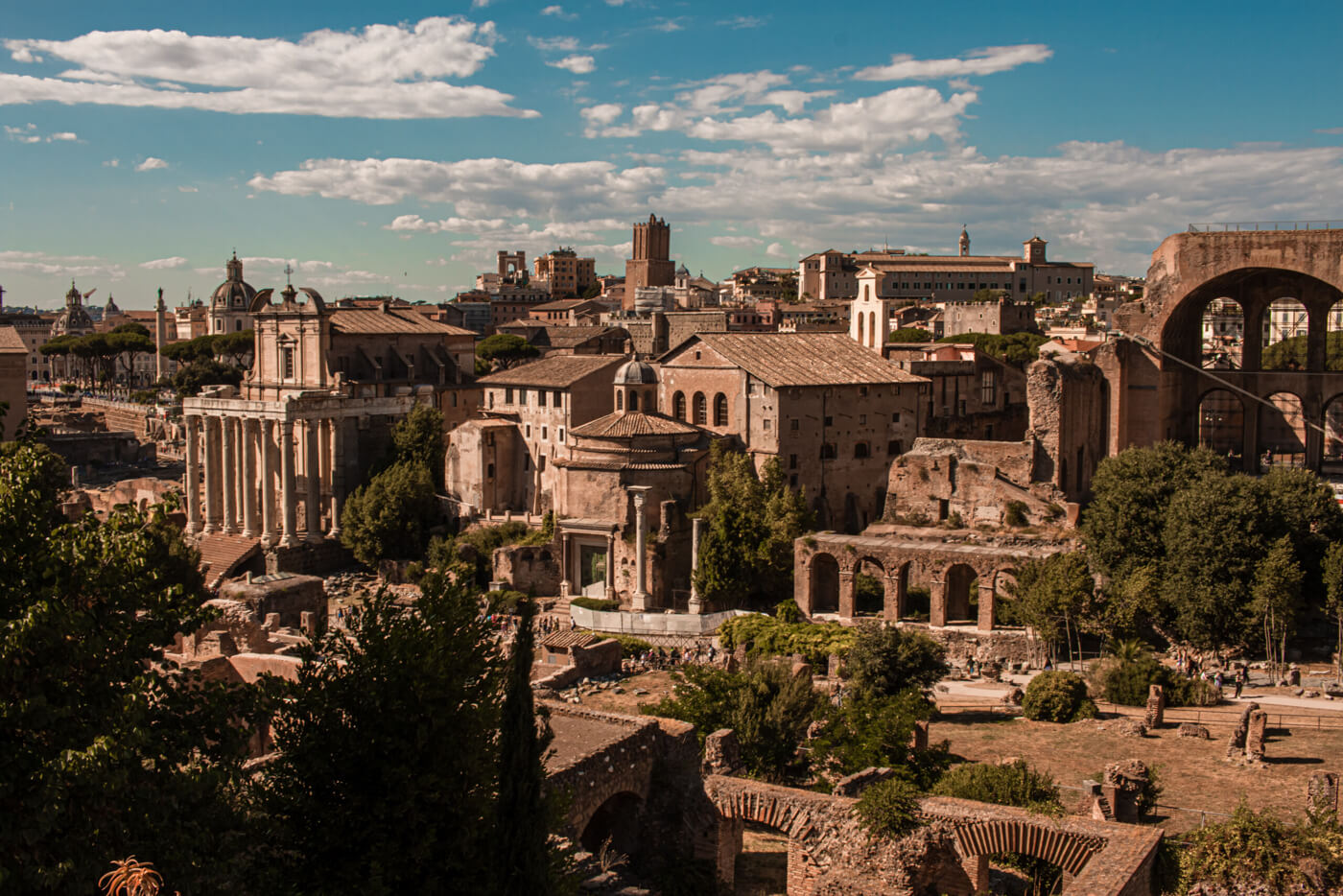
Traveling is like dancing, it’s all about the rhythm.
I recently started “Slowmading” and I definitely think is the way to go. Becoming a slowmad basically means staying longer and immersing yourself in the culture you’re in (for more details about this check my article “What’s a Slowmad and how it differs from a Digital Nomad“.)
The main problem for me was that at some point, instead of my trip feeling like a Chill Still Woozy song, or a waltz or a balad, it turned into a Marc Anthony’s Salsa spinning me around making me completely dizzy.
So basically moving around with travel visas will cut your time SHORT. And in my case, I was traveling FAR so I had yo spend a TON on getting to my destination to only be there for maybe one to three months if I was lucky. And a month may sound like AGES if you’re used to short traveling for a holiday. But moving countries every month or two is simply not reasonable non sustainable for a long term travel plan. At least, it was not what I was looking for. Fortunately now there are more and more digital nomad visas to counteract this issue.
And then there’s the FOMO. I know it sounds like 2012’s YOLO and now all my Gen Z readers will cringe but I swear it’s true. Let’s rephrase and call it “the urge”. The urge of traveling all around Europe because international flights are $20 EUR. The urge of hopping around major Asian cities because you spent $2000 USD on a flight NOT to sit all day in the same coffee shop doing “digital nomad work stuff”. The urge of trying all your favorite international foods in their places of origin. The urge of learning about a new culture, or religion, or a new language… The urge is real.
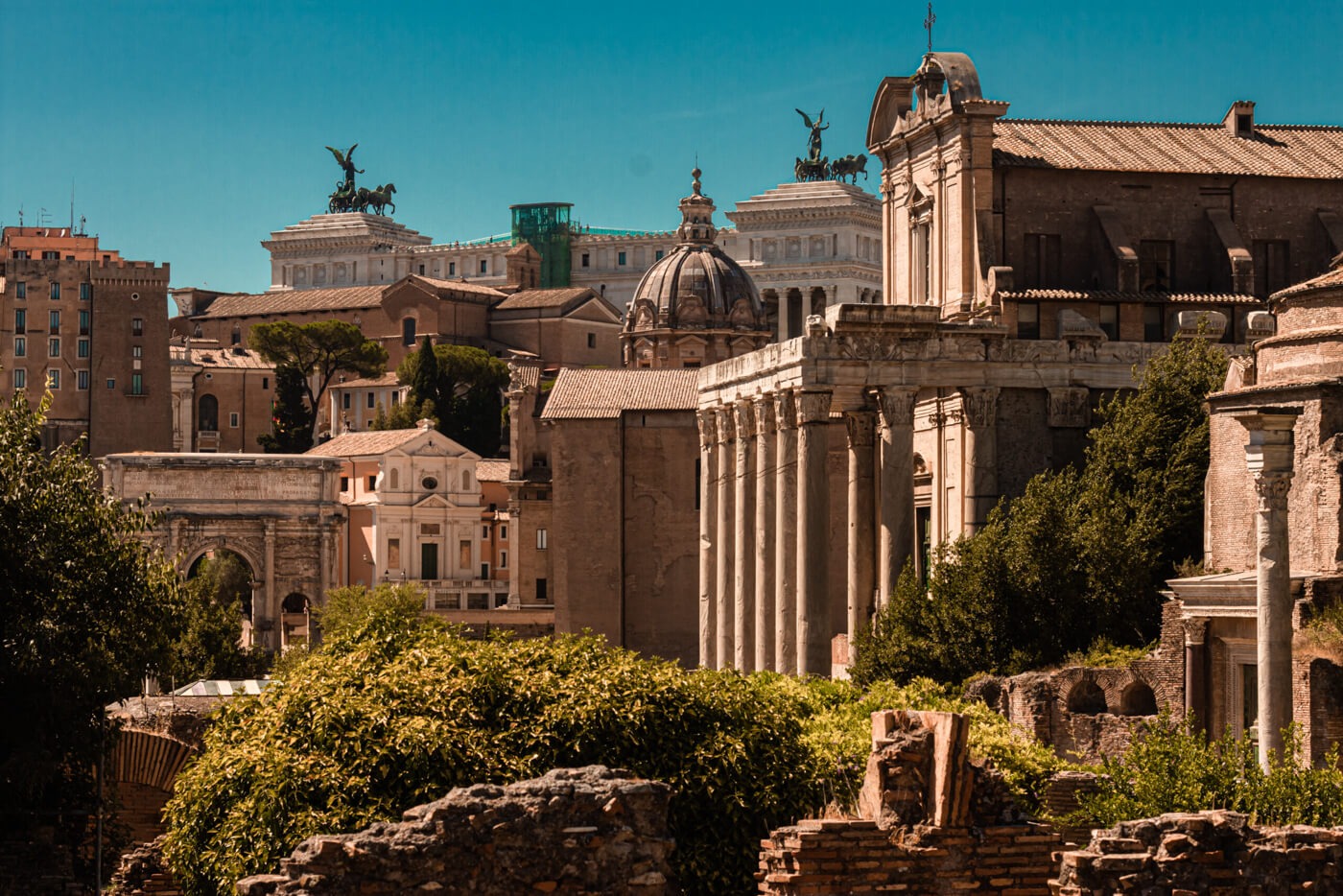
If you’re the digital nomad that likes to move around…
So let’s say we haven’t read the article about Slowmading yet and we’re giving into all these urges. It’s okay, it’s normal, we’ve all done it. Now the thing is that you’re gonna be carrying around your whole existence. Meaning yourself and all your stuffs (I started saying “stuffs” as a joke and now I can’t remove this from my vocabulary). It’s now you and your suitcase across the world. To be honest the level of annoyance of this task will depend on how good or bad you’re at packing your stuff. After +3 years of experience I can honestly say that … I suck. You’ll eventually end up leaving things behind and picking up others along the way. Don’t worry, you may get better at it over time. A piece of advice: never pack for “just in case”. If you need something and you didn’t bring it, you can almost always get it at your destination.
It’s hard to explain how tiring it is to move around and sleep in different beds over and over. Then, transporting yourself and your stuff is one part, the other is walking hundreds of miles or thousands of kilometers a day. Ultimately the physical activity will end up being up to your physical possibilities, but if you’re the “money-saver” type like me… I pray for you.

To plan or not to plan?
Another important topic is accommodation. A key step to survive without losing your mind: book in advance.
We know common sense is the least common of the senses. I can’t tell you how many times I’ve been crazy desperate because I booked transportation to a city during peak season, wanting to randomly extend one more night and couldn’t find any decent place-at a decent price available. And the number of travelers I’ve seen gone through this is insane. I once paid $70 EUR a night for a 10-bed hostel room because of this… I know…
That said, I won’t lie–each of those situations turned into unforgettable experiences. Event the $70EUR hostel night (in Hvar, Croatia). Maybe you’re a better planner and this will never happen to you. I didn’t use to plan so much because of the adventure, uncertainty and the flexibility to move around freely. However, as I said before, it’s simply not sustainable to live like this. Let’s leave the backpacking to the backpackers. We’re here to be digital nomads after all, right?
About accommodation as a digital nomad …
Depending on your budget and preferences there are plenty of different options. From fancy hotels, airbnbs, apartments, to hotels. The cheapest option, and the best for meeting people, is staying in hostels. But the thing with hostels is you never really know what you’ll get until you’re there. It can be beautiful, comfortable, clean, friendly… or the exact opposite.
You might find hostels designed for digital nomads with coworking spaces, morning coffee, great internet and respectful guests since everyone’s working. Or you might end up in a party hostel by accident where people show up drunk at 4 a.m., turn on the lights with zero mercy for your sleep and on top of it, shouting.
Even though I did start my nomad adventure staying primarily in hostels I quickly transitioned into airbnbs and guesthouses. You often get a discount if you book over 28 nights and they tend to be much more suitable for a nice, balanced, productive digital nomad life.
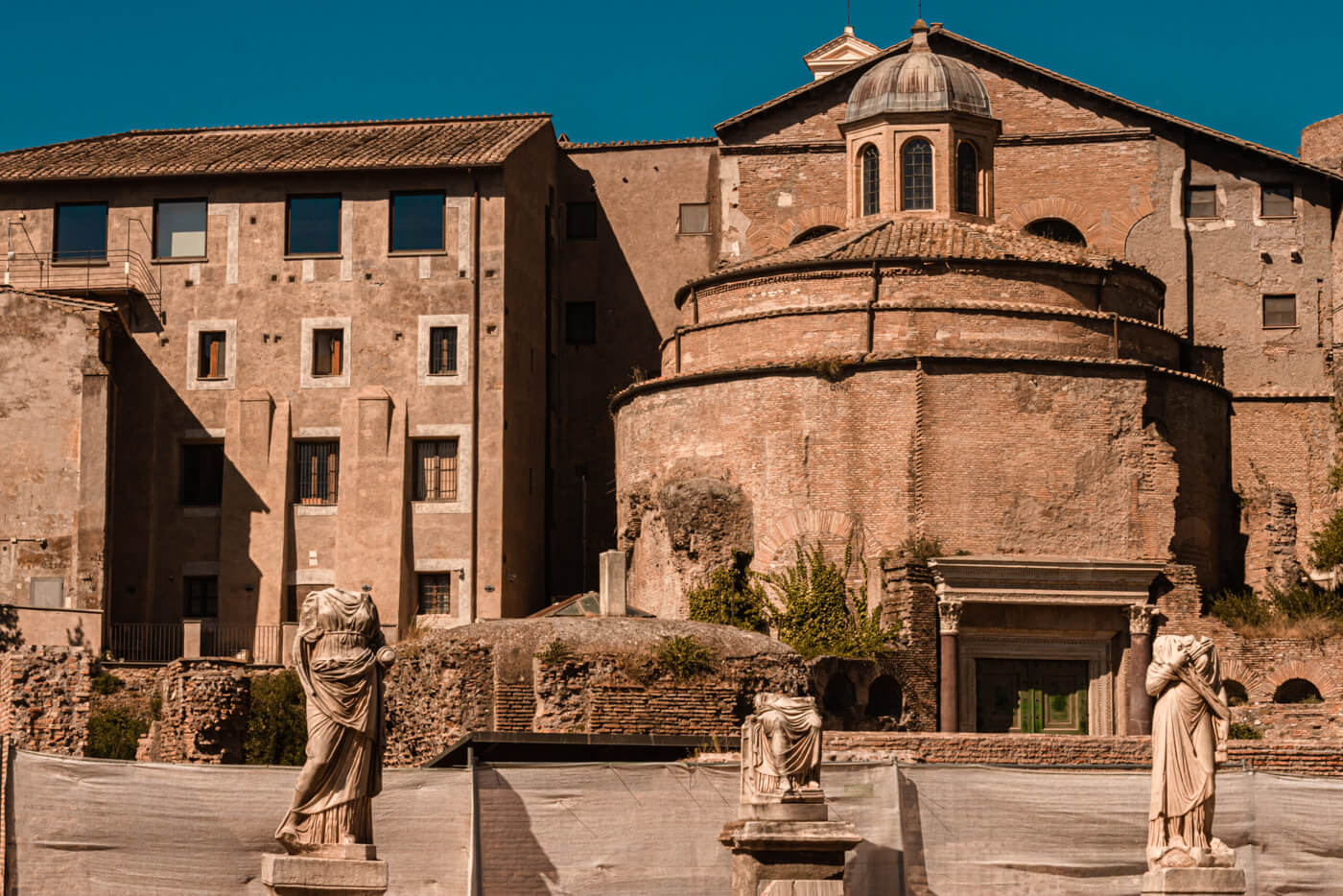
Your body WILL change
While everyone’s experience is different, traveling changes our habits and as a result our bodies will change too. For some people, this isn’t a problem but for others it can be and it’s nice to be aware in advance. Personally, exercising and eating healthy is a major priority, but balancing the life of a digital nomad with a healthy lifestyle has been very challenging.
You might gain a lot of weight from eating out often or indulging in the amazing foods of the places you visit (hey, no blame! if you ask me, food is a major reason to travel and no need to be too restrictive). Sometimes we’d rather use our free time to explore, meet people or having too many night outs instead of exercising or taking the time to cook. On the other hand, you may lose weight from walking everywhere (specially if you’re traveling in Europe) or wanting to save money (specially if you’re traveling in Europe and you’re from Latam like me) or simply getting distracted and end up skipping meals. Neither extreme is healthy. It’s all about learning to find balance, and the reality is that it will be a process until you find yours.
Something I started doing to kinda turn around these nasty patterns is looking for a gym right away. Day 1 after arriving I’m already checking out places and paying in advance when possible. If you’re not a gym fan you can always find other activities, choose yours and do your best to show up!
Visit your inside world too
I don’t think the emotional rollercoaster is just a me thing. While traveling, you’re exposed to so many intense experiences so quickly that finding our center, balancing and managing everything inside can be a challenge.
The main purpose of this article is to highlight that being a digital nomad isn’t all sunshine and rainbows. Just like any path we choose in life, there are highs and lows. Sometimes we idealize travel thinking it will be just like a vacation, surprise surprise, its not. Others assume we’re “running away from something.” I don’t know about you, but when I move around, my reality, my inside world and my life follows me everywhere I go.
When life’s troubles happen, it’s only human to feel bad. And when the wonders of traveling get combined with the human experience, the emotional snowball can turn into an avalanche… of happiness, fulfillment, loneliness, confusion…
To anyone going thought this experience–the one of being human and alive–I’d very highly recommend seeing a therapist at least once in your life, just to get to know you a little better. The best we can do, both as people and digital nomads is to learn how to process what we’re feeling. Work on understanding, experiencing, living, enjoying, and eventually letting go of our emotions. And sometimes we can use some guidance.
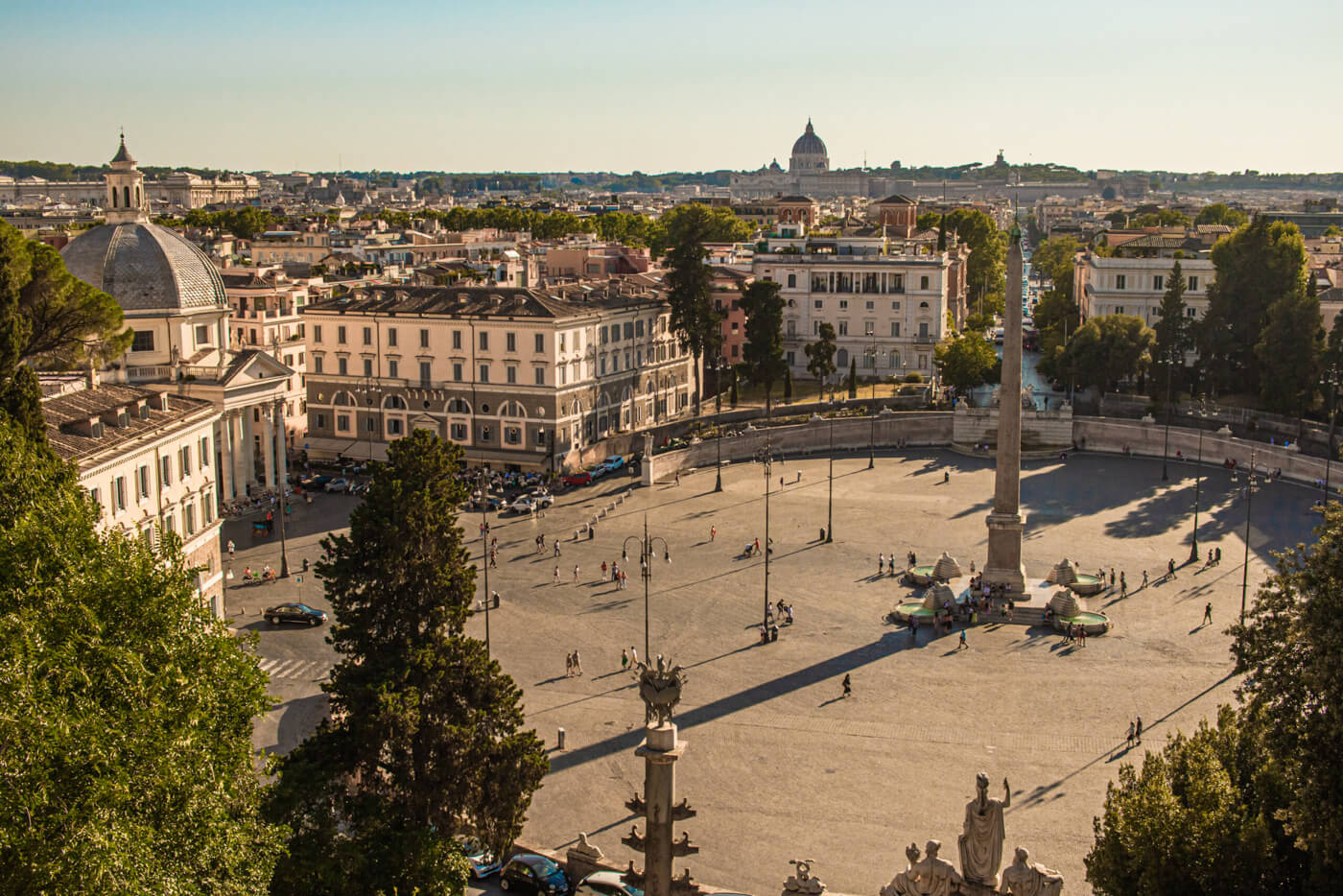
Anyway,
I once read a book that said: life is about choosing your problems. Because we’ll never be able to eliminate problems–they’ll always show up one way or another. So, according to the author, happiness becomes easier to achieve when we know how to choose our complications.
As a digital nomad: You’ll be moving a lot, you’ll spend a lot of money, you’ll miss your friends and family, you’ll get exhausted, your body will ache and change, you’ll get lost. And all of this will happen while you work and go through the natural processes of human existence (insert situation: illnesses, family or relationship issues, expectations, accidents, complex emotions, depression, anxiety, insecurities, debts, loneliness, fear, confusion, etc.).
If, knowing that you’ll possibly face one or more–or even all–of these challenges, you still believe it’s worth it for all the incredible things you can discover in the world through this experience, go for it. I’ll see you on the other side. I won’t lie, it’s amazing, and becoming a digital nomad it’s been the best decision of my life.
I hope this information helps, and if you have any travel-related questions, feel free to contact me on Instagram


